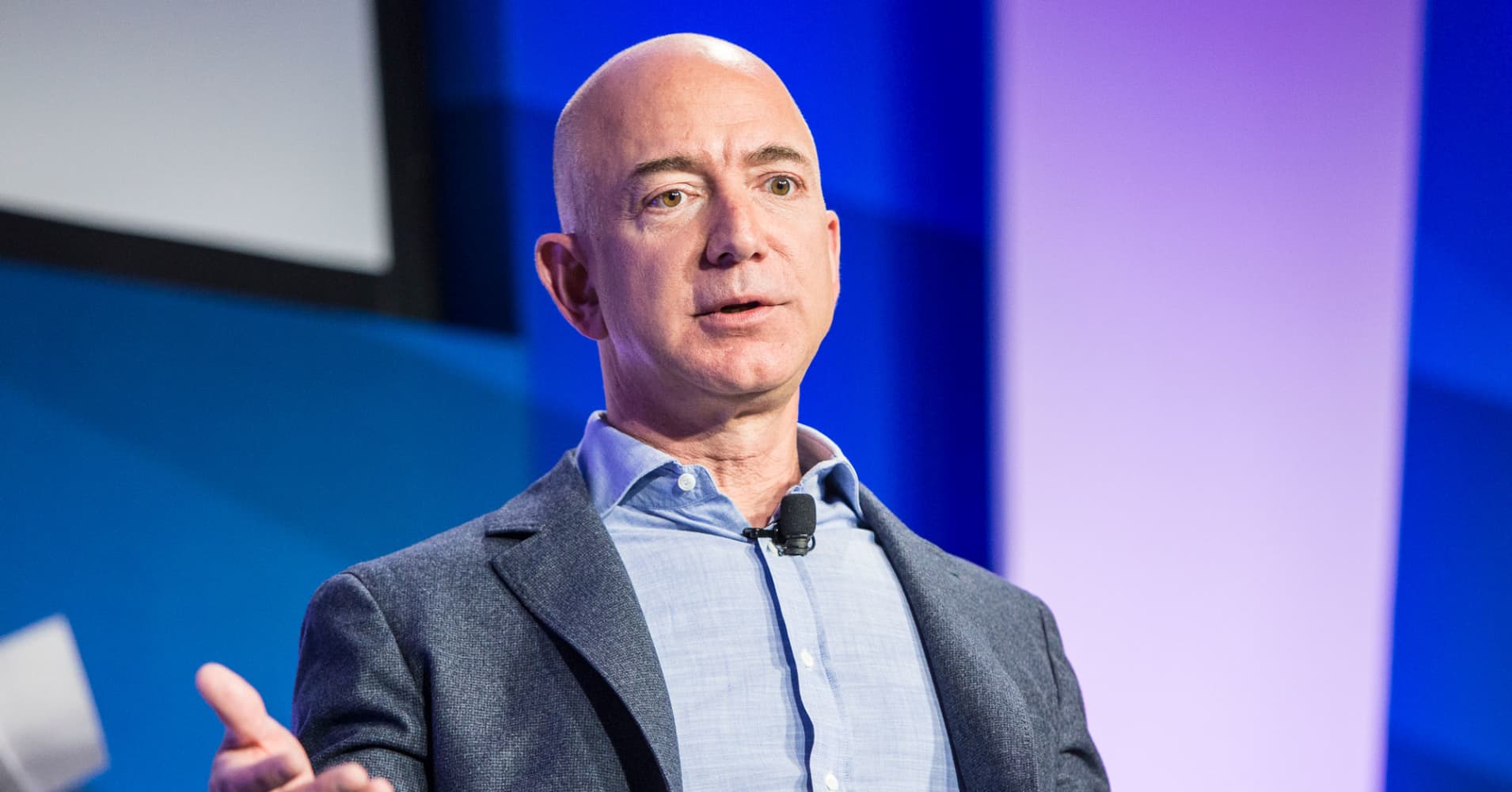
Here's a round-up of the most important deals in venture capital from the past week.
Amazon acquired Tapzo to help expand its mobile payments business in India, Economic Times reported. Tapzo is a "personal assistant" app that helps users make payments, as well as purchase food and buy transportation tickets. Economic Times reported that Tapzo saw about 15,000 transactions per month on its data card recharging and bill payment services prior to the acquisition, which was reportedly valued at $40 million to $50 million. Tapzo's venture backers included Sequoia Capital, American Express Ventures, RB Investments and Ru-Net.
Apple has acquired Akonia Holographics, a start-up that makes lenses for augmented reality glasses. The deal was seen as a sign that Apple could be developing a headset or glasses that would superimpose digital information onto real world scenes. Prior to the acquisition, Akonia had raised $11.6 million in venture funding from investors including Acadia Woods Partners, according to Crunchbase. The deal marks the second augmented reality acquisition for Apple, after the iPhone maker bought AR software start-up Metaio in 2015.
VMWare is acquiring CloudHealth Technologies, a cloud management platform, in a deal reportedly valued at around $500 million. The start-up had raised $85 million in venture funding from enterprise investors including Kleiner Perkins, SAP-backed Sapphire Ventures, and Scale Venture Partners.
Outset Medical, which is developing a new generation of kidney dialysis machines, raised $132 million in series D funding. CEO Leslie Trigg said she joined Outset after realizing this corner of health care hadn't changed in 30 years. The investment was led by Abu Dhabi's Mubadala, which is looking to get into U.S. health tech, and was joined by earlier backers including Baxter Ventures.
Swiss crypto start-up Dfinity raised $102 million in equity funding from Andreessen Horowitz's crypto fund, Polychain Capital and several other firms to build what it's calling the "World Computer," a decentralized cloud computing network that could challenge the current cloud infrastructure giants, Amazon, Microsoft and Google.
Puls Technologies raised $50 million for its same-day repairs service. Puls (pronounced "pulse") sends technicians to a customer's home to fix cracked or otherwise damaged smartphones and tablets, or to install items like entertainment systems, smart speakers and automated garage door. Temasek led the round, which was joined by the company's earlier backers including Sequoia Capital and Samsung NEXT.
Yihang.ai, a Beijing start-up that's developing autonomous vehicle technology, raised $32 million from investors including Matrix Partners China and CICC, a joint venture investment bank in China. The company aims to become a tier 1 supplier to auto manufacturers that plan to offer self-driving cars.
A financial tech startup, Salary Finance, raised $20 million in series B funding from Legal & General and Blenheim Chalcot. The company works with medium-sized and large corporations to offer employees financial education and loans as a benefit. Employees can set up automatic payments deduced from their paychecks. The ability to get a loan at work and make automatic payments reduces employees' need to turn to predatory or payday lenders, and helps them avoid spending too much on interest.
Singulato, which is developing smart electric vehicles, has reportedly raised around $9 million from Itochu, the Japanese trading company.The funding is a small, strategic investment in Singulato, which raised around $474 million in a series C round in April. The company plans to start manufacturing and selling its first car, an electric SUV called the iS6, by the end of 2018 in China.
No comments:
Post a Comment